What is Smart and Intelligent Packaging?
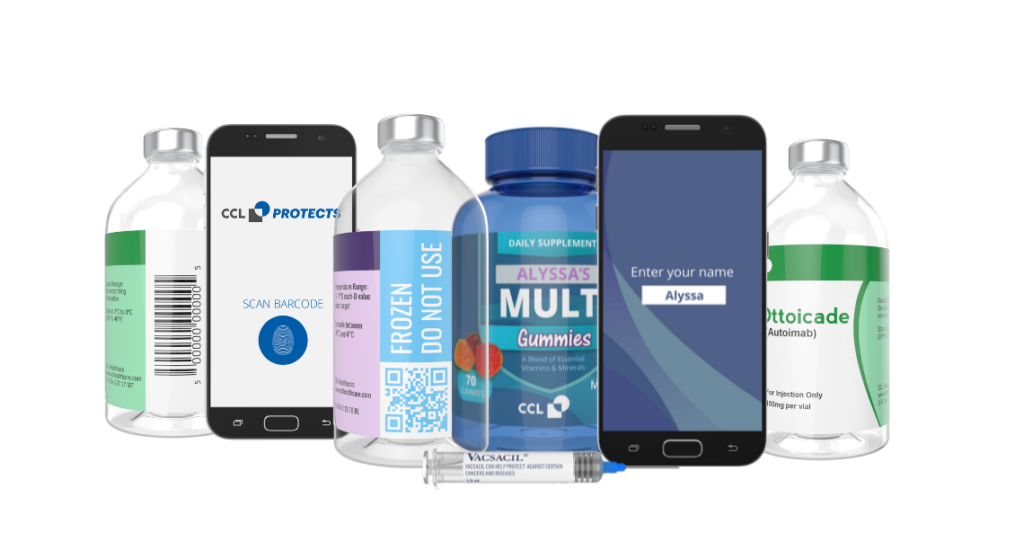
Smart packaging refers to packaging that has been designed to provide additional benefits beyond just containing and protecting the product inside.
RFID Offers Safety and Traceability for the Administration of Vaccines
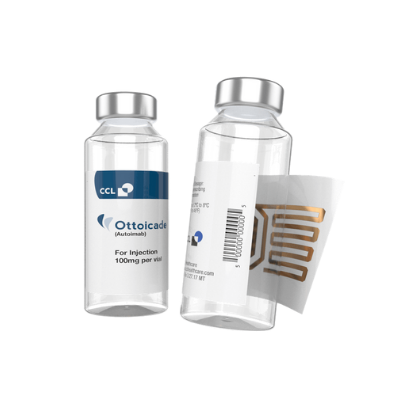
There are hundreds of millions of doses of vaccines that are administered within a short period of time. This becomes very difficult to track especially when a pandemic is in effect. RFID Technology is capable of authenticating the vaccine ensuring it is an authentic product, that it is not expired, and that it is safe to administer. Learn how CCL Healthcare and Kit Check’s partnership were able to successfully implement a system to safely administer vaccines.
Recap: Single Unit Doses with RFID
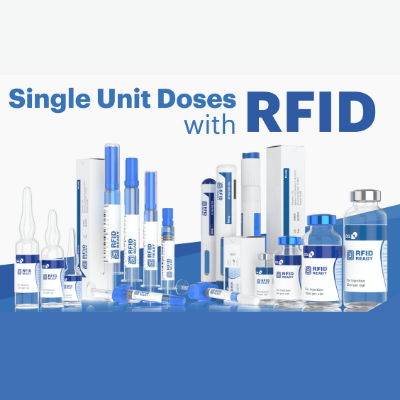
The CCL Packaging University Course dives into why RFID-enabled drug products and cloud data solutions are a packaging game changer. For pharmacists, Kit Check allows providers to practice at the top of their license, rather than spend time manually restocking and managing the medication supply chain. For pharmaceutical companies to be competitive, Kit Check labels add value by being able to track the life cycle of the product.
Differences Between RFID and NFC
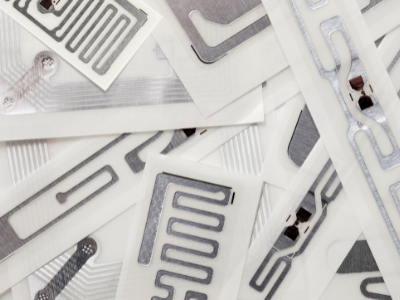
Find out the differences Between RFID and NFC to identify which smart packaging solution is best for your product’s needs.
Checkpoint Adds Its 50 Years of Experience to DoseID
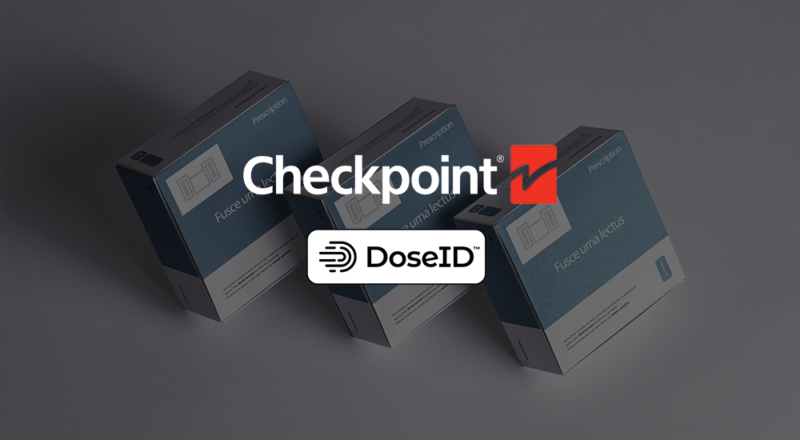
Checkpoint and CCL Healthcare combine excellence in inlay manufacturing, pharmaceutical label converting, and RFID encoding. This vertical integration of CCL Industries’ divisions helps pave the way for the future of pharmaceuticals and Healthcare RFID tagged products. The integrations will allow CCL Industries to develop unique new solutions for DoseID and other healthcare applications that meet its robust certification criteria.
Selecting the Right RFID Inlay for your Product
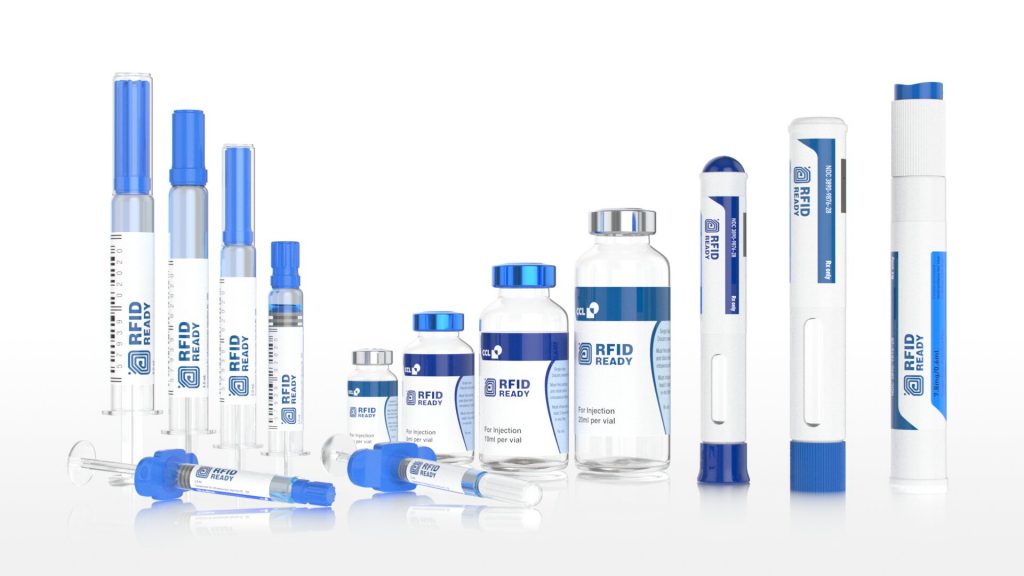
RFID makes it possible to have visibility through the supply chain, monitor inventory, and more. Learn how selecting the right RFID inlay is a game changer.